Authoritarian regimes can often seem too difficult to topple. But history shows that when mass numbers of people unite, they can achieve political rights even in the most brutal political systems. Learn how!
.
.
Why Strategic Nonviolent Action?
The concept of nonviolence can evoke many responses. There are some traits that nonviolence is and is not, that help determine why we might choose strategic nonviolence in our movements.
.
.

.
Strategic nonviolence is…
-
Proactively using psychological, social, economic, and/or political methods
-
Able to engage widespread participation
-
Based on the ability and strength to disobey
-
Identified by the actions people take, not by what they believe
.
Strategic nonviolence is not…
-
A submissive/passive stance
-
Loving one’s enemy
-
A path cowards choose
-
Based only on verbal methods
-
Assuming people are inherently “good”
Under repressive regimes, nonviolence is often strategically chosen because it has been proven to be twice as successful—and growing—than violent campaigns. This is true with the sustained and active participation of just 3.5% to 5% of the affected population!
For decades, Tibetans have used nonviolent action as the primary method of resistance, keeping Tibet a thorn in the side of China’s government. We at Tibet Action are convinced through our years of activism that strategic nonviolence is the most resilient, results-oriented path to freedom in Tibet.
Lhakar Academy
School for Tibetan Leadership and Change
The Lhakar Academy is an intensive training program launched in 2011 to equip talented and experienced young Tibetan leaders with the knowledge and skills to develop and implement sophisticated, effective strategies and tactics, strengthening the Tibet movement’s ability to achieve human rights and democracy in Tibet.
Modeled on programs used to train and inspire activists and grassroots leaders at the forefront of the Indian independence movement and the American Civil Rights movement, this three to four week training aims to provide an in-depth understanding of Tibet and China in the context of contemporary global politics and history; thorough knowledge of strategy, strategic nonviolent action, and tactics of resistance; and secure communications technology and media skills.
As of early 2019, 113 Tibetan youth and movement leaders have graduated from the month-long Lhakar Academy – School for Tibetan Leadership and Change program and the Lhakar Academy Local – a condensed week-long version of the full training. Collectively, these leaders are a decisive force in the Tibetan freedom movement – strategic planners, campaigners, spokespeople, and skill-sharers.
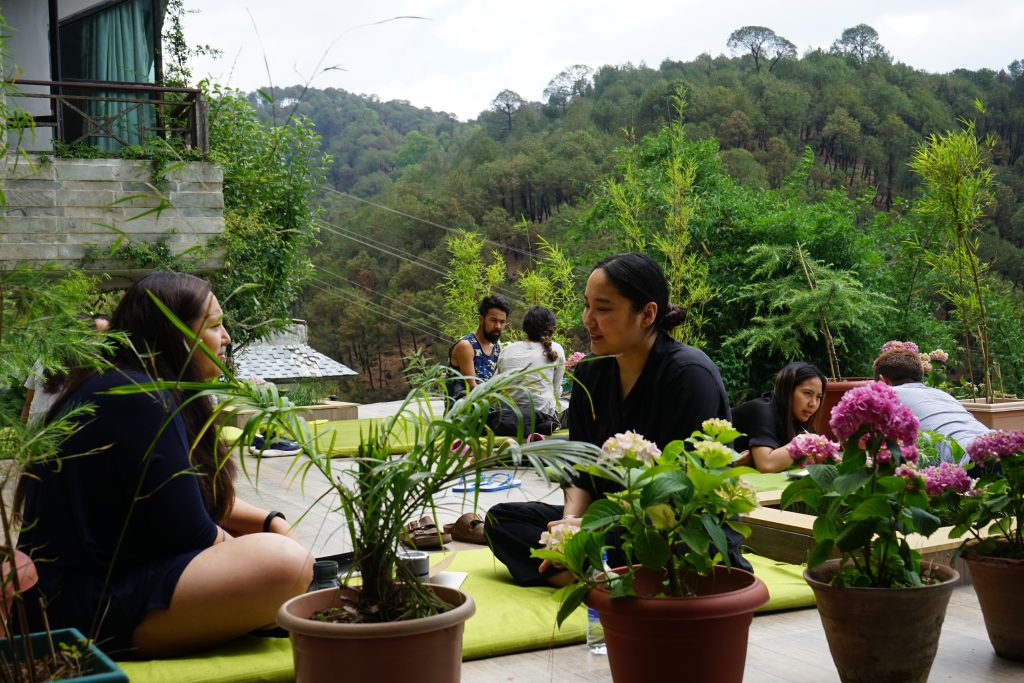
.
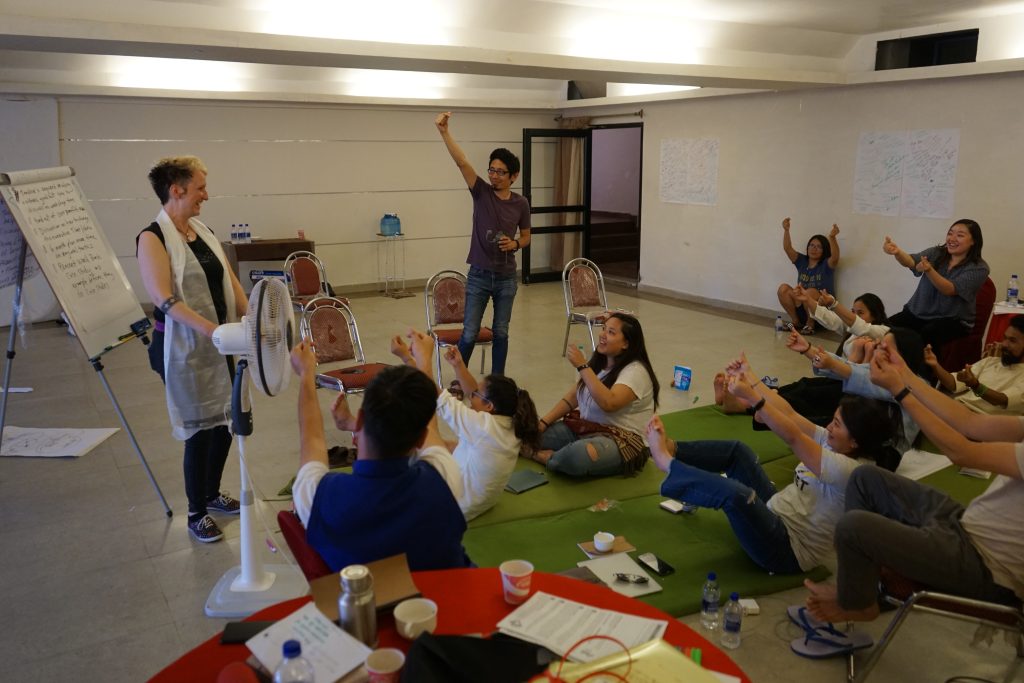
History shows that when enough people come together and challenge hierarchical power with strategic planning, unity of purpose, and nonviolent discipline, people power can win.
Below is a library of information on how communities have won through strategic nonviolent action. Prepare to be inspired!

LANGUAGE RIGHTS
Language is critical to maintaining culture and identity for people around the world. In Tibet, despite China’s systematic attempt to stamp out the Tibetan language, Tibetans continue to press for their rights.
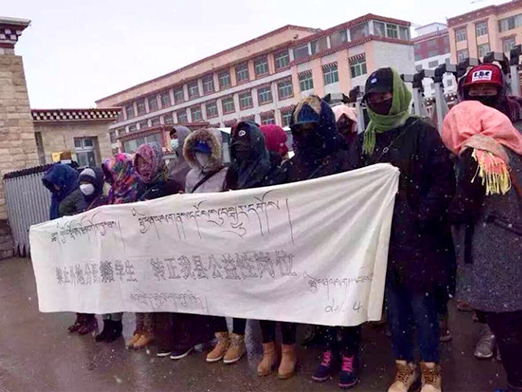
ECONOMIC JUSTICE
Tibet is resource rich, exploited by China’s occupation. Like other communities, Tibetans are fighting practices that largely benefit outside interests, asserting their right to control their economies.
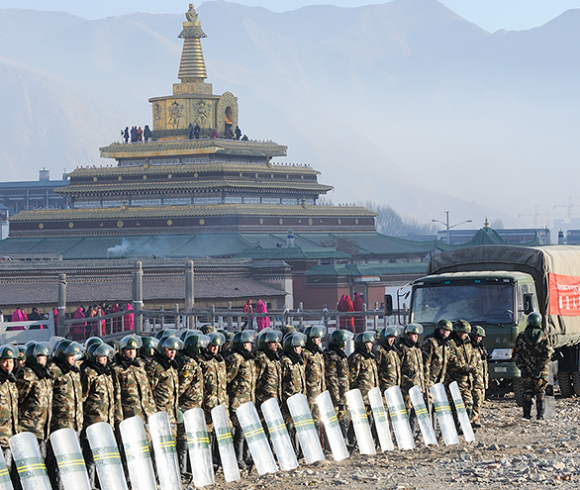
CULTURAL & RELIGIOUS RIGHTS
Religion and culture form the very fabric of Tibetan society. Through cultural expressions like dance, dress, and ceremonies, Tibetans are asserting their identity as Tibetan, including their right to religious freedom.
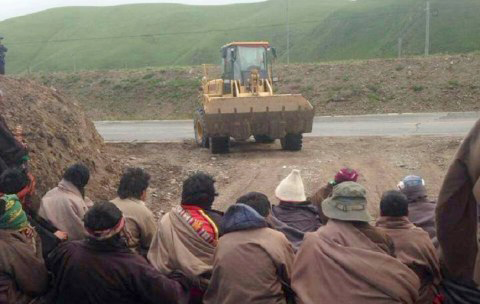
ENVIRONMENTAL PROTECTION
Environmental protection is a pressing global issue of our time. In Tibet, as around the world, countless inspiring people and communities are stopping mining, protecting endangered species, starting eco-tourism projects, and more.



